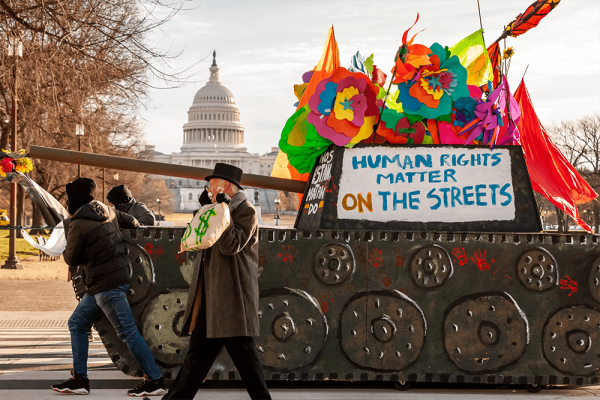Feb 2, 2022
In the letter, the scholars criticize the budget being set $25 billion higher than President Joe Biden had requested. They write that the country urgently needs to “shift our security and foreign policy strategy” to break cycles of violence, cultivate peace, and practice constructive conflict.
Read the Full Article

Already a subscriber? Login
